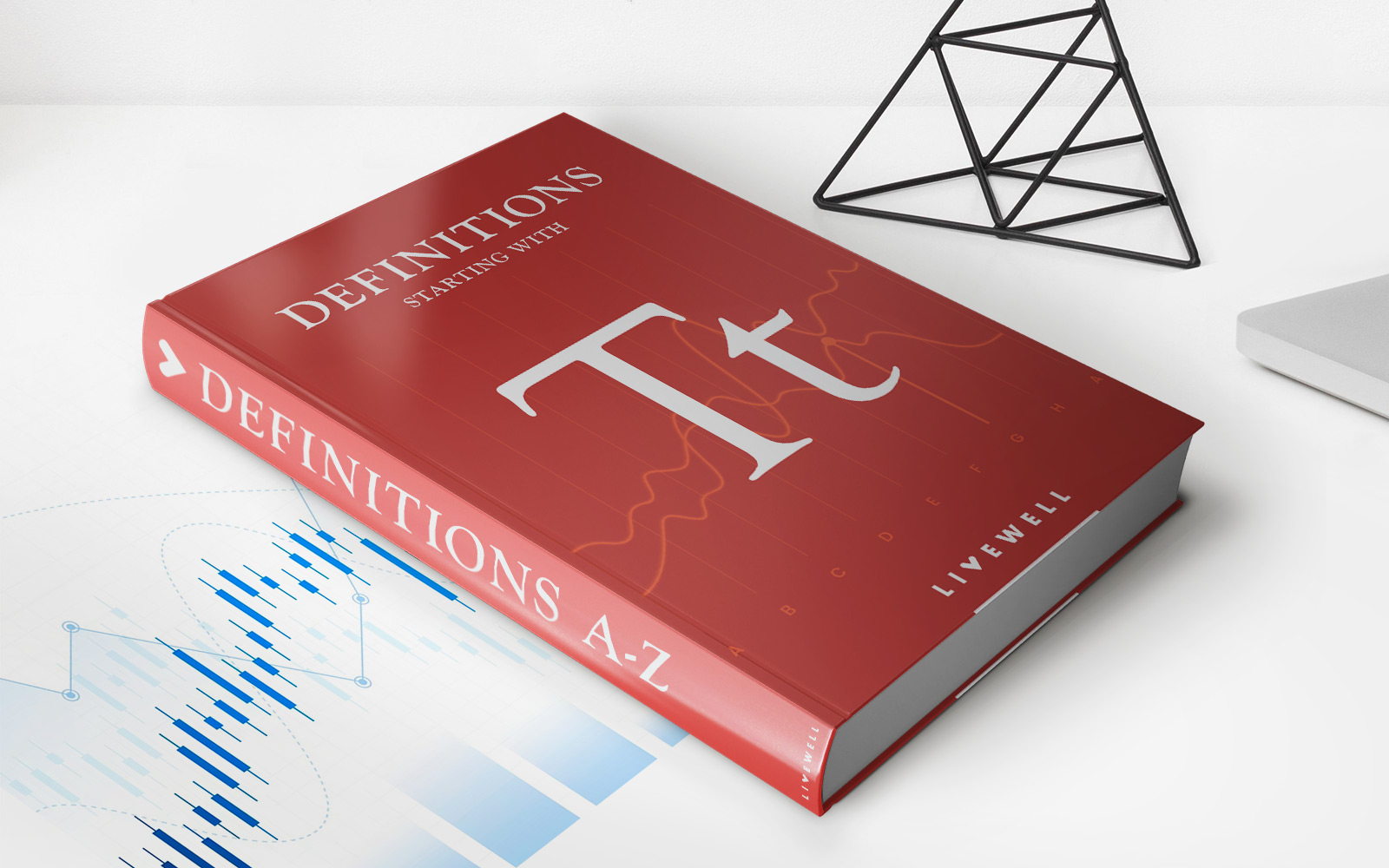Home>Finance>What Is The Gray Market? Definition And How It Works In Trading


Finance
What Is The Gray Market? Definition And How It Works In Trading
Published: December 3, 2023
Learn about the gray market in finance, its definition, and how it operates in trading. Understand the implications and risks of participating in this market.
(Many of the links in this article redirect to a specific reviewed product. Your purchase of these products through affiliate links helps to generate commission for LiveWell, at no extra cost. Learn more)
Understanding the Gray Market in Trading
When it comes to trading, there are various markets that investors can participate in, each with its own unique characteristics and risks. One such market is the gray market, which may sound intriguing to some but can also be confusing for others. In this article, we will delve into the concept of the gray market, providing a clear definition and explaining how it works in the world of trading.
Key Takeaways:
- The gray market is an unregulated market where goods or securities are traded
- It allows investors to buy and sell securities that are not yet available on the formal market
What is the Gray Market?
The gray market, also known as the parallel market or secondary market, is an unregulated market where goods or securities are traded. Unlike the traditional primary market, where securities are issued and sold for the first time through an initial public offering (IPO) or private placement, the gray market allows investors to buy and sell securities that are not yet available on the formal market.
How Does the Gray Market Work?
In the gray market, trading takes place between investors directly, without the involvement of the issuing company or the formal exchanges. This means that the securities traded in the gray market are not subject to the same regulations and oversight as those traded on the primary market.
The gray market typically arises when there is a high demand for a particular security before it becomes officially listed on a stock exchange. For example, when a well-known company announces plans for an IPO, there may be significant interest from investors who want to get in on the action early. In such cases, brokers or intermediaries may offer a gray market for trading the company’s shares before they are officially listed on a stock exchange.
Investors participating in the gray market can speculate on the future value of these securities. They can buy shares at a specific price and sell them later at a potentially higher price once the security is listed on the formal market. However, it is important to note that trading in the gray market carries inherent risks due to the lack of regulation and transparency.
Key Takeaways:
- The gray market is an unregulated market where goods or securities are traded
- It allows investors to buy and sell securities that are not yet available on the formal market
While participating in the gray market can offer opportunities for early access to securities and the potential for profits, investors should proceed with caution. Here are a few key takeaways to keep in mind:
- Risk: The gray market is not regulated, which means there is a higher risk of fraud and market manipulation. Investors should thoroughly research and evaluate the offerings before participating in gray market trading.
- Transparency: The lack of regulation also means there is limited transparency regarding the financial health and prospects of the issuing company. Investors may have to rely on limited information, making thorough due diligence even more crucial.
In conclusion, the gray market serves as an alternative trading platform for investors looking to gain early exposure to securities before their official listing on formal exchanges. While it can provide opportunities, investors must exercise caution due to the lack of regulation and the inherent risks involved. Conducting thorough research, evaluating the offering, and seeking professional advice are prudent steps to take before engaging in gray market trading.














